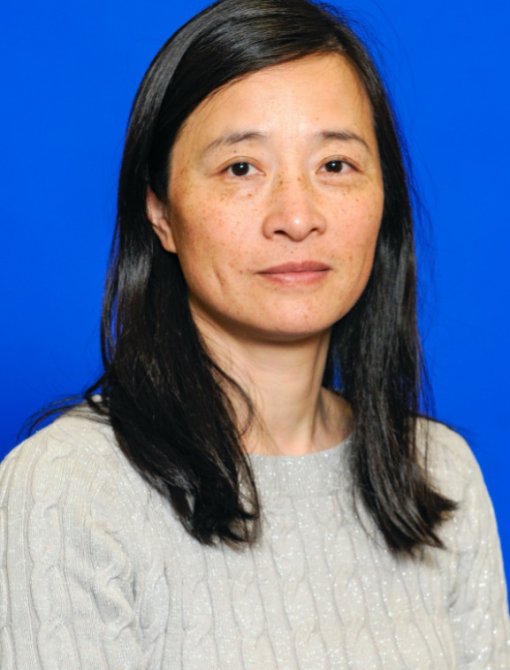In the pursuit of healthier and more sustainable futures, the intersection of engineering and healthcare is paramount. Our Electrical & Computer Engineering department is at the forefront of this convergence, driving innovation in medical and biological systems, methods, and devices. Our faculty, researchers, and students are actively engaged in pioneering research and development, addressing critical challenges in areas such as medical imaging, biosensors, prosthetics, and telemedicine.
- Bioelectrics
- Digital human modeling and simulation
- Medical devices and applications
- Medical image processing and analysis
- Medical modeling and simulation
- Plasma medicine
- Signal processing for medical and biological applications
- Systems biology and computational bioengineering
Participating Faculty






Associated Labs
The focus of the lab is to develop devices for disease detection and biomanufacturing therapeutic(s) cells and molecules for treatments.
The CAVE (Cave Automated Virtual Environment) Virtual Reality laboratory area contains several 3D visualization systems. The CAVE is a high-resolution projection-screen virtual reality system. The screens are arranged in a 10 foot cube with computer-generated images projected on three walls and a floor. The CAVE lab also contains a 3 meter Vision Dome projection system and an Immersa-Desk virtual reality display. Two 3D printers are also placed in the CAVE Lab.
The Medical, Imaging, Diagnosis & Analysis Laboratory (MIDA) was established by Old Dominion University in Summer 2007. Their research field is applied machine learning focusing on development of novel algorithms for challenging problems in various applications including medical imaging, disease diagnosis, minimally invasive methodologies, computational visualizations, bioinformatics, medical device use and evaluation. Visit MIDA website ▶
The Medical Simulations Laboratory is mainly used to support teaching and research activities related to medical simulations for planning, training, education, analysis and visualization. It contains 15 high performance PC workstations, 4 haptic devices, three 3D scanners, two 3D printers, 4 reach-in displays, 3 LCD TVs, 3 game consoles from Microsoft, Sony and Nintendo. The laboratory is also equipped with a large selection of software such as Autodesk Maya, Google SketchUp, Microsoft XNA Game Studio, Unity Game Engine, and ArcGIS.
The Undergraduate Projects and Research Laboratory, is mainly used for facilitating modeling and simulation projects-based instruction in both lower and upper division undergraduate levels. This also involves courses in the major with a significant laboratory component. The Laboratory can accommodate 24 students with laptop computers and provide 5 workstations for undergraduate labs and research. Each workstation contains a high performance computer and collaboration spaces. The lab also contains a Polycom Teleconference system to support distance learning. The lab is equipped with 3 digital projectors to support teaching.
The Vision Lab aims to develop novel theory, state-of-art algorithms, and architectures for learning and real-time applications in human and machine-centered interaction and recognition; biomedical imaging and signal analysis; and environmental and geoscience applications based on the disciplines of computer vision, signal/image processing and AI/machine learning. Visit Vision Lab website ▶




